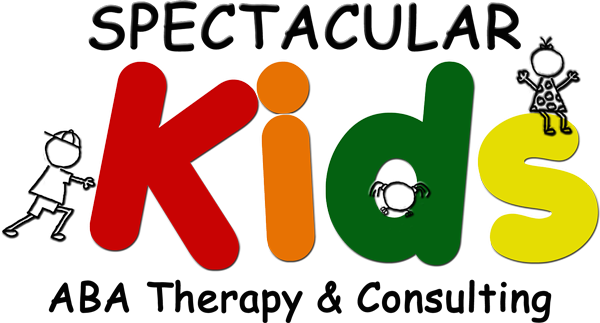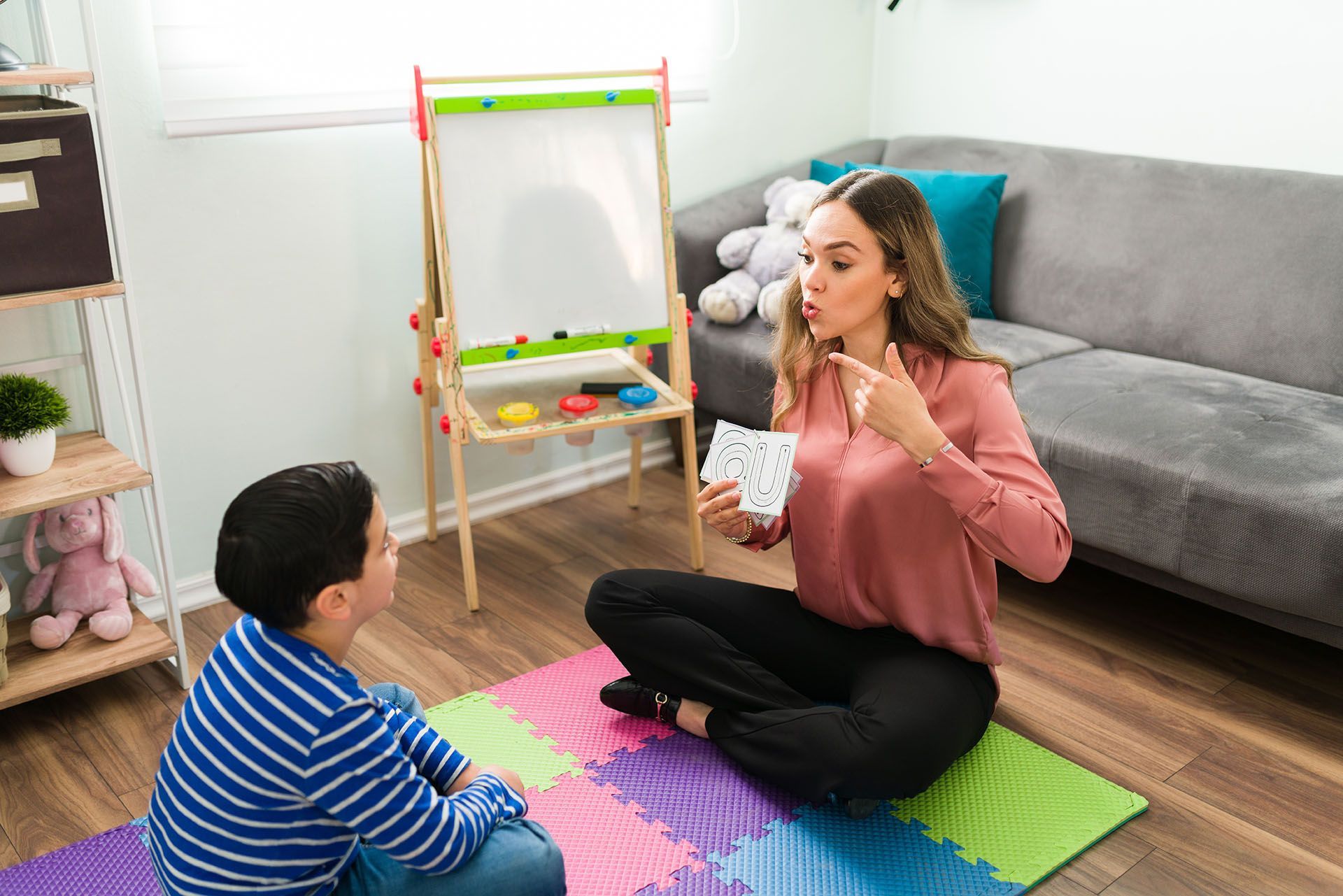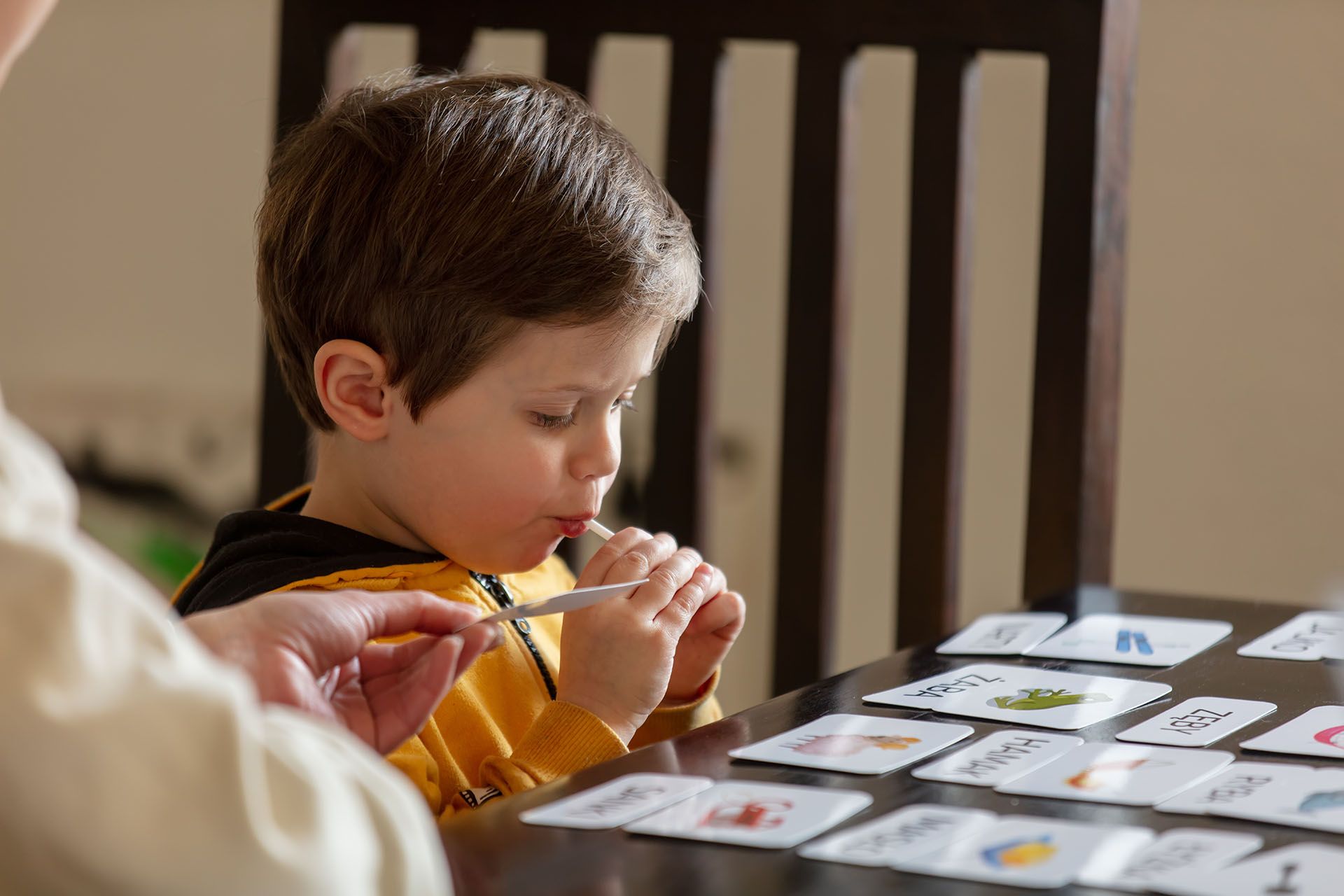Tips for Helping a Child With Autism Be Comfortable in Social Situations
Social situations can be challenging for children with autism, but with the right support and strategies from ABA consulting, they can face these interactions more comfortably. Every child with autism is unique, and their social experiences vary, but certain tactics can universally aid their ability to engage socially. By focusing on building their confidence and social skills, these children can thrive both academically and socially. We'll explore some key tips for helping children with autism become more at ease in social settings.
Provide Structured Interactions
One effective strategy is to provide structured social opportunities. Children with autism often thrive in situations where they know what to expect, so arranging playdates or group activities with a clear beginning and end can be beneficial. During these interactions, introduce games or activities that encourage participation while accommodating the child's interests. Additionally, role-playing social scenarios can be a practical way for children to practice and learn social cues in a controlled environment.
Remain Empathetic and Supportive
It's also crucial to foster an empathetic understanding among peers and educators. According to Autism Speaks, 74% of students with autism graduate with a diploma in the United States, indicating that with proper support, they can achieve tremendous academic success. This support should extend beyond the classroom and into social opportunities by educating peers about autism and promoting inclusive interaction. Creating a supportive community helps children with autism feel accepted and reduces their social anxiety. ABA consulting can help educators and parents give their children the support they need.
Create Educational Opportunities for Communication
Another key factor is the development of communication skills. Whether it's through verbal language, sign language, or communication devices, making sure that children have the tools to express their needs and feelings is paramount. Teaching children to advocate for themselves and communicate their comfort levels or boundaries is essential in helping them navigate social situations independently. Encouraging self-expression builds confidence and can significantly ease the anxiety associated with social interactions.
While social situations can be an intimidating experience for children with autism, a combination of structured activities, communal support, and enhanced communication skills can make these experiences more manageable. By understanding and implementing these strategies, parents, educators, and peers can create an environment where children with autism feel more relaxed and competent in their social encounters. As each child is unique, ongoing patience and adaptation to their personal needs remain key to their social success. Connect with Spectacular Kids today to learn more!
Leave Your Comment
Recent Posts
NEED MORE INFO?
If your child was diagnosed with Autism Spectrum Disorder, find out how ABA Therapy might be able to help your family.

Our experienced team strives to offer a creative and engaging environment and the opportunity for children to learn, grow, and thrive.
Newsletter Subscription
We will get back to you as soon as possible.
Please try again later.
Quick Links
Our Contacts
Kingwood, TX: 2665 Royal Forest Dr., Suite B200, Kingwood, Texas, 77339
Missouri City, TX: 7435 Highway 6, Suite F, Missouri City, TX, 77459
Ph: (281) 713-8980
Email: [email protected]
Business Hours: Monday - Friday 8:00 a.m. - 5:00 p.m.

All Rights Reserved | Spectacular Kids ABA Therapy and Consulting, LLC | Website Design by True Digital Marketing





